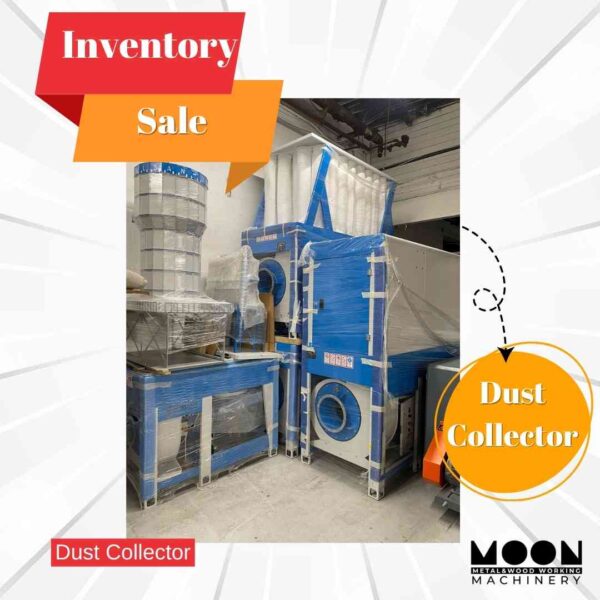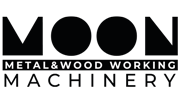
In the realm of industrial operations, ensuring both efficiency and safety is paramount. One often-overlooked aspect of this dual mandate is the management of dust and particulate matter generated during various processes. Dust collectors play a pivotal role in maintaining clean and safe working environments, making their inventory sales a crucial consideration for industries worldwide.
Understanding Dust Collection Systems
Dust collection systems are designed to capture, convey, and collect dust and particulate matter from industrial processes, thereby preventing their release into the surrounding environment. These systems are utilized across a diverse range of industries, including woodworking, metalworking, pharmaceuticals, food processing, and more.
The primary components of a dust collection system include:
- Capture Hood: Positioned at the source of dust generation, such as machinery or equipment.
- Ductwork: Transports the captured dust to the collector.
- Dust Collector: Removes dust particles from the air.
- Filter Cleaning System: Ensures the efficient operation of the collector by periodically cleaning or replacing filters.
- Disposal System: Safely removes collected dust for disposal or recycling.
Importance of Effective Dust Collection
Proper dust collection offers numerous benefits, including:
- Worker Safety: Inhalation of airborne dust can lead to respiratory issues and other health problems. Dust collectors help maintain clean air quality, safeguarding the health and well-being of employees.
- Equipment Longevity: Dust accumulation can damage machinery and equipment, leading to costly repairs and downtime. By capturing dust at the source, collectors extend the lifespan of industrial equipment.
- Regulatory Compliance: Many jurisdictions have stringent regulations regarding dust emissions. Implementing effective dust collection systems ensures compliance with environmental standards and avoids potential fines or penalties.
- Fire and Explosion Prevention: Certain types of dust, such as those generated in woodworking or metalworking processes, can pose a significant fire and explosion hazard. Dust collectors mitigate this risk by safely containing combustible particles.
Optimizing Inventory Sales
Given the critical role of dust collectors, businesses must prioritize the maintenance and upgrading of these systems. Inventory sales play a pivotal role in this regard, enabling companies to access the latest technology and components to enhance efficiency and safety. Here are some strategies for optimizing dust collector inventory sales:
- Regular Assessment: Conduct periodic evaluations of existing dust collection systems to identify areas for improvement or replacement. Factors to consider include system performance, filter efficiency, energy consumption, and compliance with regulations.
- Tailored Solutions: Invest in dust collection equipment that aligns with the specific requirements and challenges of your industry and operations. Whether it’s high-temperature environments, corrosive materials, or large particulate sizes, opting for tailored solutions ensures optimal performance and longevity.
- Energy Efficiency: Look for energy-efficient dust collectors equipped with features such as variable frequency drives (VFDs) and automated controls. These technologies help minimize energy consumption and operating costs while maintaining effective dust capture.
- Maintenance Contracts: Consider entering into maintenance contracts with reputable suppliers or manufacturers. Regular servicing and preventive maintenance not only prolong the lifespan of dust collection systems but also ensure continuous compliance and performance.
- Training and Support: Invest in employee training to ensure proper operation and maintenance of dust collection equipment. Additionally, choose suppliers that offer comprehensive technical support and troubleshooting assistance to address any issues promptly.
Conclusion
In the realm of industrial operations, the significance of effective dust collection cannot be overstated. By investing in quality inventory sales and adopting best practices in system maintenance and operation, businesses can optimize efficiency, safeguard worker health, and ensure regulatory compliance. Embracing innovation and staying proactive in dust collection management are essential steps toward creating safer, cleaner, and more productive work environments.






